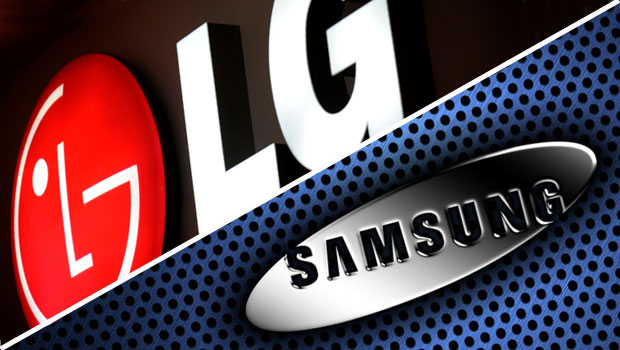This past week, the U.S. Department of Commerce (DOC) announced it’s final decision in which it finds Samsung and LG guilty of engaging in dumping of washers/dryers from China into the United States, in violation of international trade laws. This ruling was in response to a petition filed by Whirlpool back in December of 2015.
Samsung and LG found guilty of “dumping”
In that petition Whirlpool claimed Samsung and LG was indeed dumping their washers and dryers into the US Market and causing Whirlpool corporation injury due to the unfair competition. In the ruling, the DOC assessed anti-dumping margins of 52.51% for Samsung and 32.12 percent for LG. Once the ruling is finalized by the US ITC in January, Samsung and LG will be required to pay cash deposits at these punitive rates.
What is “dumping”?
“Dumping” is a term used in economics discussion that relates specifically to predatory pricing in international trade. Dumping is said to occur when a manufacturer exports a product to another country at a price either below the price charged in its home market or less than its actual cost of production. For example: If Samsung were to sell a certain washing machine for $1,000 each in China, but then turn around and export that same washing machine to the U.S. at a price of $600, it is essentially “dumping” the unit into the U.S. market at an artificially low price for the main purpose of eating up market share.
Dumping is considered a predatory practice in international trade because one company is essentially undercutting its competitor’s ability to compete by pricing a product artificially low.
Why do company’s “dump”?
Samsung and LG are not new to “dumping” claims and they may find dumping hard to resist for two reasons:
- They may be able to use it to easily clear out manufacturing inventory and technology that may be “previous generation” or outgoing technology.
- They may be able to quickly eat up a large percentage of U.S. consumer market share from their U.S. or European-based competitors at little cost to themselves.
It’s a bit like cheating in trade. There is no easy response that the competitors of LG and Samsung can mount against it, other than to appeal to the government trade organizations to levy damages against the offenders – as Whirlpool did. It is also not the first accusation of dumping against these brands.
Anti-dumping laws themselves were started with the best of intentions, but are not without controversy either. In this case they seem to be working as designed and LG and Samsung were seem to be in violation of fair trade agreements.
While we like LG and Samsung products here on our blog, we do not like to see any international company taking advantage of our market in an unfair way. Whirlpool employs thousands of U.S. citizens and works hard to create a great product of their own.
Foreign competitors should compete fairly. Build a better product, with better features and most importantly – better customer service.




Leave a Reply
You must be logged in to post a comment.
Login and Post with: